Work Package 05 ‘Automate It’ officially got underway on August 01 2016. The package is hosted by ITC with PhD researcher Sophie Crommelinck playing a key role in reviewing, assessing, designing, and testing new approaches for (semi-automatically). In good news for the work package, Sophie has already completed her PhD qualifier meaning she is now ready to focus on completing its4land milestones and deliverables for the next 3.5 years. In other good news, a far-reaching review of the contemporary use of automated feature extraction methods in the domain of land administration has already been published. Learn more about Work Package 5 here. The abstract for Sophie’s specific work reads as follows:
Unmanned Aerial Vehicles (UAVs) have emerged as a rapid, low-cost and flexible acquisition system that appears feasible for application in cadastral mapping: high-resolution imagery, acquired using UAVs, enables a new approach for defining property boundaries. However, UAV-derived data is arguably not exploited to its full potential: based on UAV data, cadastral boundaries are most prominently visually detected and manually digitized. A workflow that automatically extracts boundary features from UAV data could increase the pace of current mapping procedures. This Ph.D. research investigates automated feature extraction for UAV-based cadastral boundary delineation. This comprises (i) feature extraction methods applied to UAV imagery and (ii) the alignment and integration of further spatial data sources, such as existing maps and sketchmaps. The latter are intended to improve boundary delineation in terms of automation and accuracy. In the end, tailored automated feature extraction for boundary delineation should be conceptualized, implemented and validated. Within this Ph.D. proposal, state-of-the-art concepts and approaches are described and the research framework for this 4-year Ph.D. research, is outlined. The latter includes a description of research objectives, research questions, the timeframe and the anticipated scientific output. The Ph.D. research is related to the European Union’s (EU) its4land project and will be based on data captured in sub Saharan African countries.
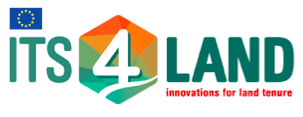
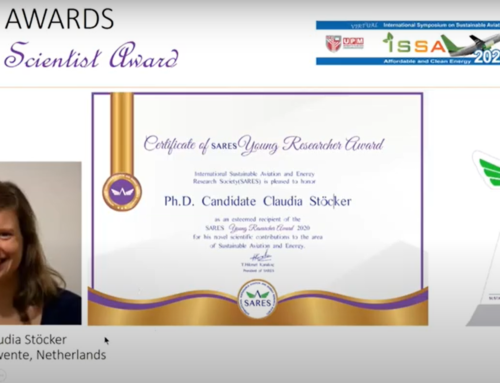
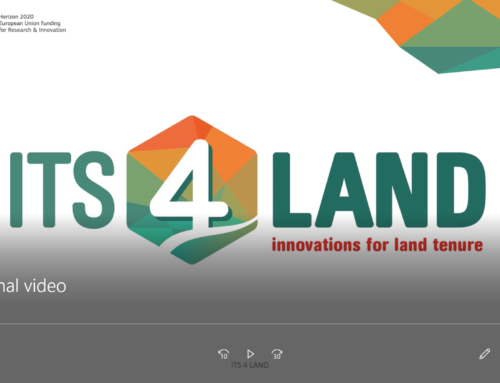
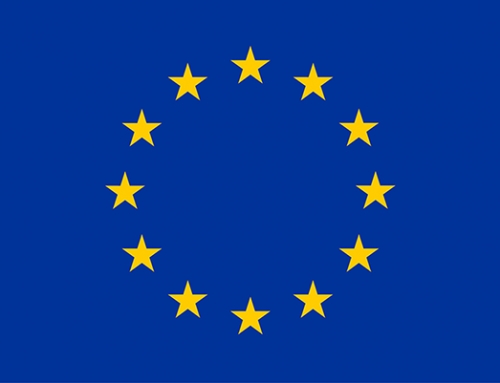
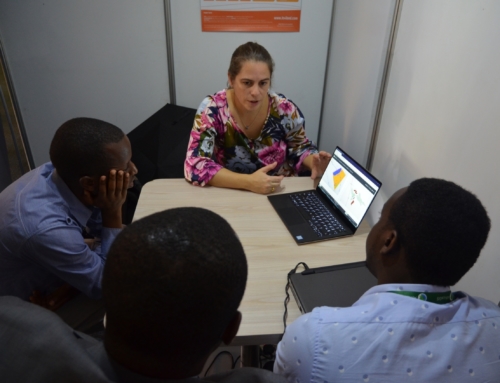
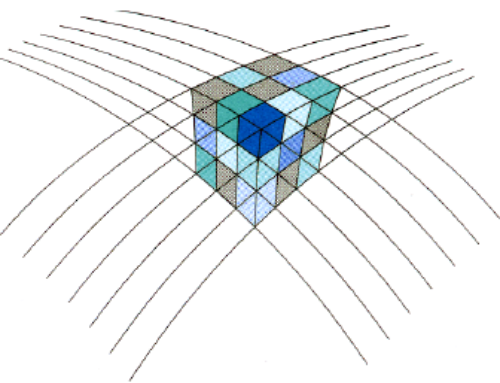
Recent Comments